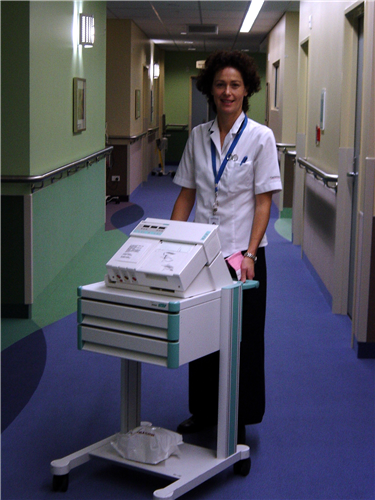MERAS, as the only specific midwifery union in New Zealand, has the advantage of working closely with the New Zealand College of Midwives (the College) to ensure that the midwifery professional and regulatory requirements are met within an employment agreement.
An aligned employment framework and professional framework assists primary/secondary service interface issues and enables all midwives to see themselves as one profession, with the same standards and same professional accountabilities, regardless of their practice setting.
How does MERAS Function?
MERAS is separate from the College, but integrated into the broader ethos and culture of the College. It has a distinct structure and governance and does not duplicate the functions of the College.
Workplace representatives
Members in each workplace are able to elect their own delegates to represent them both in the workplace and within the structure of MERAS.
National Representative Council
The National Representative Council sets the policy and strategic direction for the membership. It is made up of up to 11 regional midwife employee representatives from the following District Health Board areas.
As membership continues to grow Regional committees will be established in the following areas:
Northland/Waitemata/Auckland/Counties Manukau (4)
Waikato (1)
Bay of Plenty/Lakes/Tairawhiti (1)
Taranaki/Hawke’s Bay/MidCentral/Whanganui (1)
Hutt/Capital and Coast/Wairarapa (1)
Nelson Marlborough/West Coast/Canterbury/South Canterbury (2)
Otago/Southland (1)
Additional membership of the council comes from: The NZCOM Chief Executive Officer or proxy, two other members appointed by NZCOM and the General Manager of MERAS.
MERAS and the College
Background to the establishment of MERAS by the NZCOM
The College is New Zealand’s professional organisation for midwives. Almost 90% of practising midwives, both employed and self-employed, are College members.
The College sets, promotes and maintains the standards of practice for the midwifery profession. The College has also developed a quality assurance process for the profession to assist with maintaining professional standards. The College consults and negotiates with the Ministry of Health on behalf of self-employed and employed midwives who work as LMCs and claim fees from Section 88 of the Health and Disability Services Act.
In addition, the College provides midwives with professional practice advice and information, legal advice and representation, and education and research.
In 2002 the College, at the urging of its membership, initiated and registered a separate structure for the purpose of providing midwives with a midwifery specific union and employment agreement. MERAS became a reality and has actively worked ever since to achieve the objectives as developed by its foundation membership.
How does MERAS compliment the work of the College?
MERAS supports the philosophy behind the College and is committed to developing the MERAS MECA as an employment agreement for employed midwives that will assist the attainment of the holistic approach to midwifery care within an employed setting.
MERAS’s industrial work complements the focus of the College.
